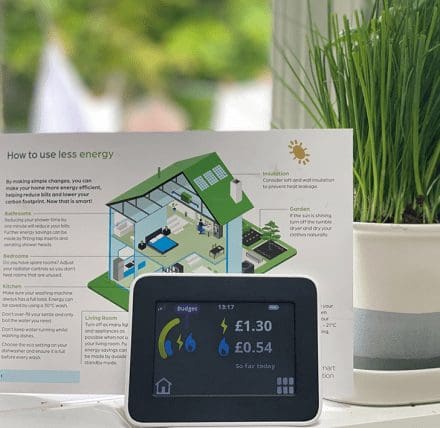


Energy Performance Certificates – Changes for Scotland
Changes are being introduced for Energy Performance Certificates (EPCs) for Scottish properties. Most of the changes will be effective from 1st October 2012, with the remaining changes being effective from 9th January 2013.
What is changing?
As is the current position, an EPC must be shown to a prospective buyer or tenant, but from 1st October 2012 a copy of the EPC will also have to be provided to the actual buyer or tenant.
- From 9th January 2013, owners offering a property for sale or to let must include EPC information in any advert for selling or letting the property.
- From 1st October 2012, all EPCs must be accompanied by a report containing more detailed information on the cost effectiveness of the recommendations made in the EPC to which it relates.
- EPCs must be displayed at public buildings. The definition of a public building will change from 9th January 2013 to mean a “building which is frequently visited by the public” and with a floor area of more than 500 square metres (this is less than the current 1000 square metres). This will reduce again to 250 square metres from 9th July 2015 for any such building which is occupied by a public authority.
Other key points to note about EPCs:
- An EPC must be produced by the building owner to a prospective buyer or tenant whenever a non-domestic building is being sold or rented. This only applies to new tenancies, not to existing tenants who are renewing their lease. An EPC may also be required when substantial building works are being carried out to the building to convert it into more or fewer units for separate use.
- EPCs are valid for 10 years and can be passed from seller to purchaser, and from landlord to tenant. An EPC only requires to be updated after the 10 year period if the building is to be sold or rented out after the 10 year period.
- EPCs do not need to be produced for non-domestic standalone buildings with a useable floor area of less than 50 square metres.
- The rating criteria for non-domestic buildings in Scotland are different to those in England and Wales, and so it is not possible to make a direct comparison between buildings on either side of the border.
- As well as displaying an indication of current CO2 emissions, the EPC lists cost effective improvements which could be made to the energy efficiency of the building, within an accompanying recommendation report. There is currently no requirement to carry out these recommended improvements, but it is likely that future legislation will oblige owners to bring their buildings up to a minimum efficiency threshold. Recent legislation in England and Wales provides for such thresholds being introduced there by 2018.
- The EPC regime in Scotland is only a few years old and has yet to be tested in court. The regulations are at times not entirely clear, although some guidance has been published by the Scottish Government.
- The guidance states that an EPC must be fixed to the property in an accessible position, although the regulations only require the owner of the building to be able to produce an EPC if required. An EPC does not need to be publicly displayed unless it relates to a large public building.
- Local authorities may serve an enforcement notice on the owner of a building which does not have an EPC. The owner will then have 28 days to comply and penalty charges of £1,000 for each breach may then apply. This would be the case even where the owner has affixed the EPC and a tenant has then removed it.
- Only Government-approved organisations may produce EPCs. Harper Macleod would be happy to recommend approved organisations if required – please let us know.
- Different rules apply to domestic and non-domestic buildings. If a building is part-residential and part-commercial, a separate EPC will be required for each part. If a building is multi-occupancy and let to number of tenants, it may be possible to produce one EPC for the whole building, rather than a separate EPC for each lettable area, but this will depend on the layout of the building, and the person carrying out the EPC can advise what is required.
The above is not an exhaustive statement of the law relating to EPCs.
CONTACT US
Call us for free on 0330 912 0294 or complete our online form below for legal advice or to arrange a call back.